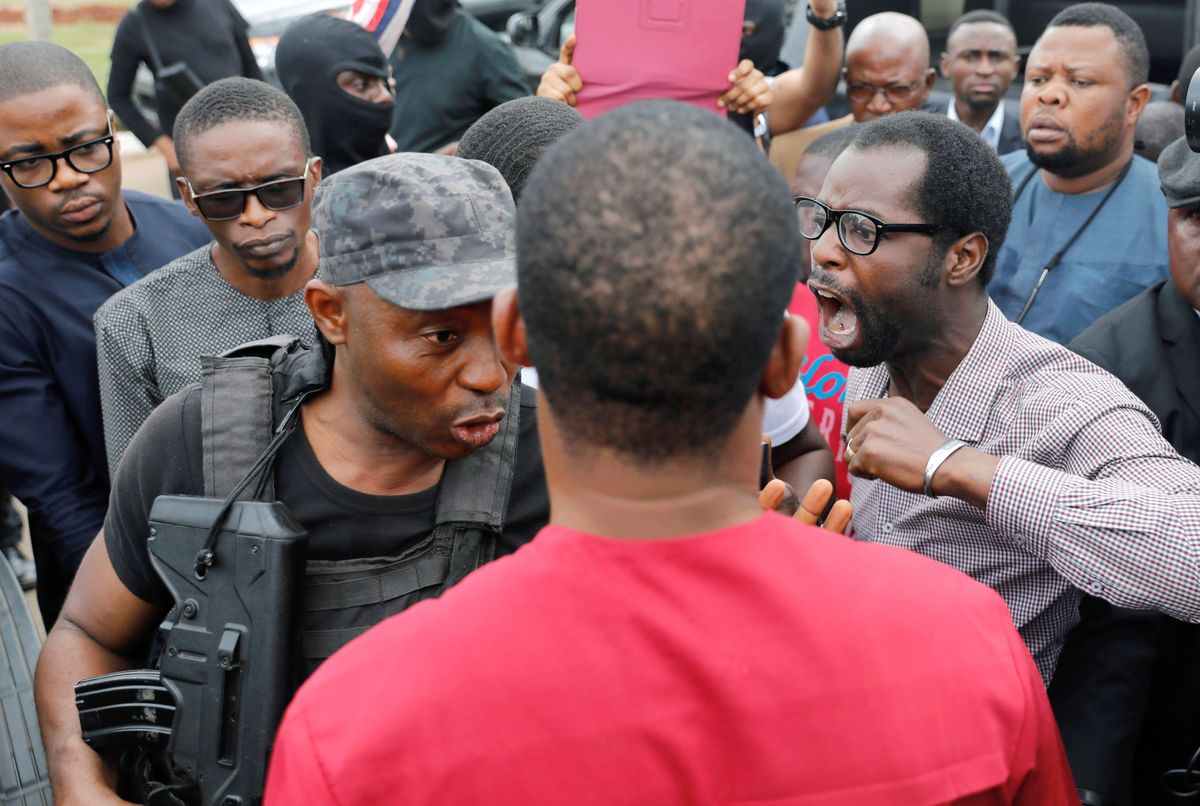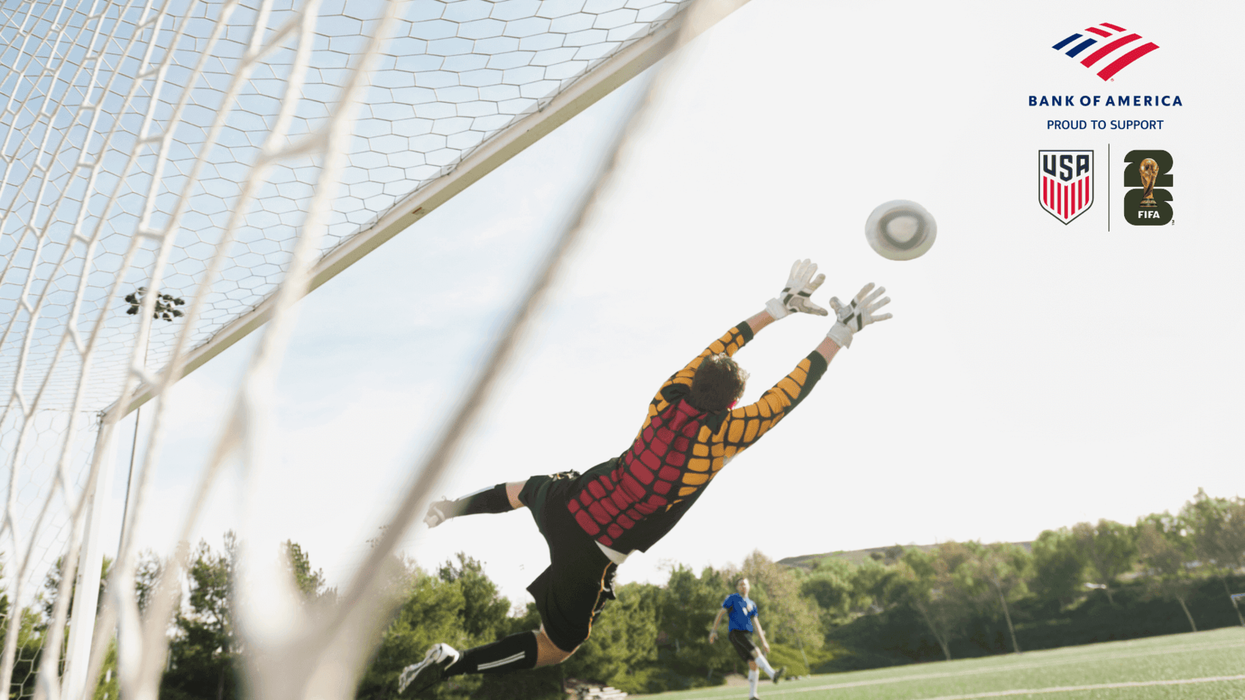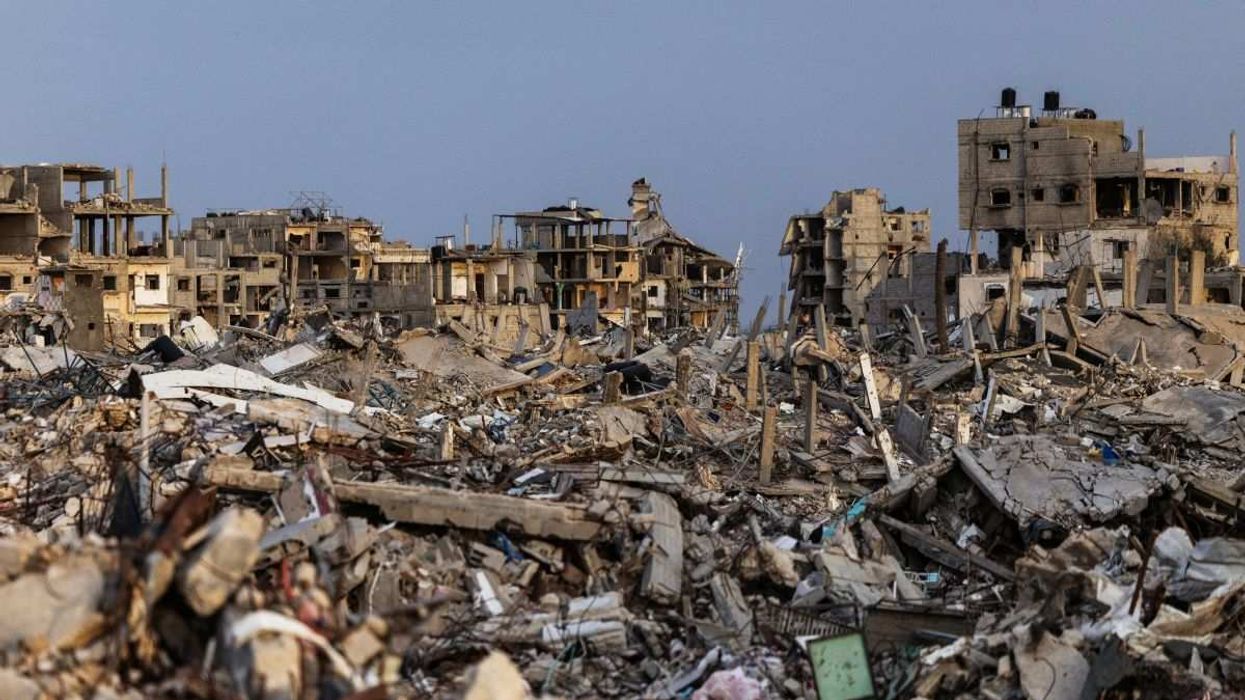With national elections in February, two recent stories suggest Nigeria may be in for a rough ride. Last week, heavily-armed masked men blocked entrances to the country’s parliament building without explanation, preventing lawmakers and journalists from entering. Confronted by angry crowds, the men dispersed when the acting president ordered the arrest of the state’s spy chief for meddling in politics. (The elected president, Muhammadu Buhari, was away for a “vacation” in the UK, a country where he has received medical treatment for an unspecified illness in the past.)
Then on August 12, hundreds of soldiers launched a protest against orders to redeploy to fight Boko Haram jihadists in the country’s northeast. Firing their guns in the air, they disrupted flights at Maiduguri airport for several hours. “We should not have been here for more than a year, but this is our fourth year,” explained one soldier. “We need some rest, we are war-weary and need to see our families.” Africa’s largest economy can expect another wild election season.



















